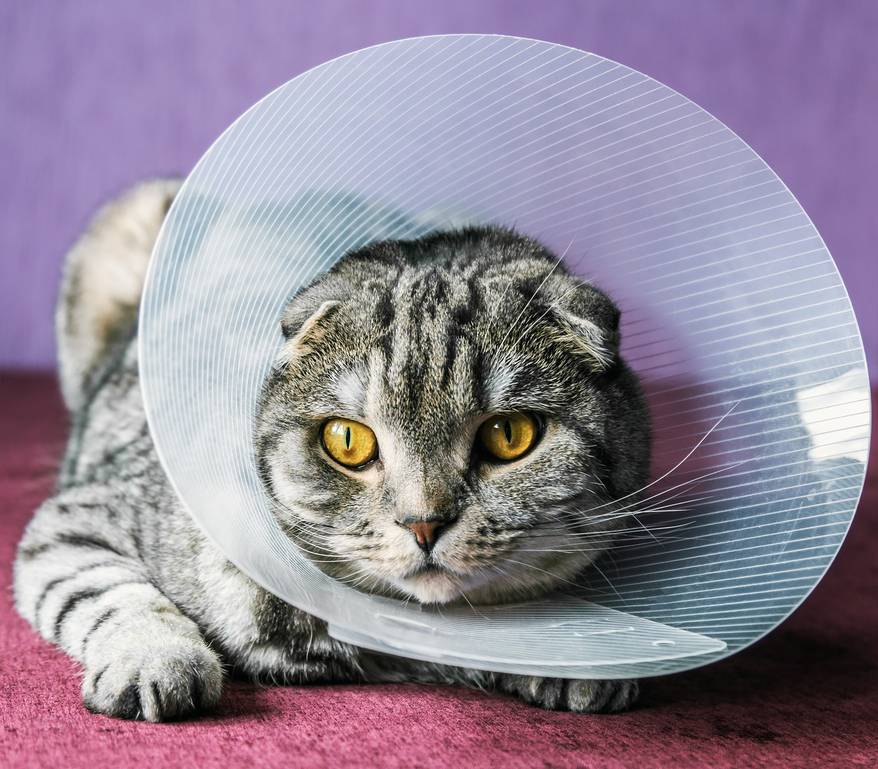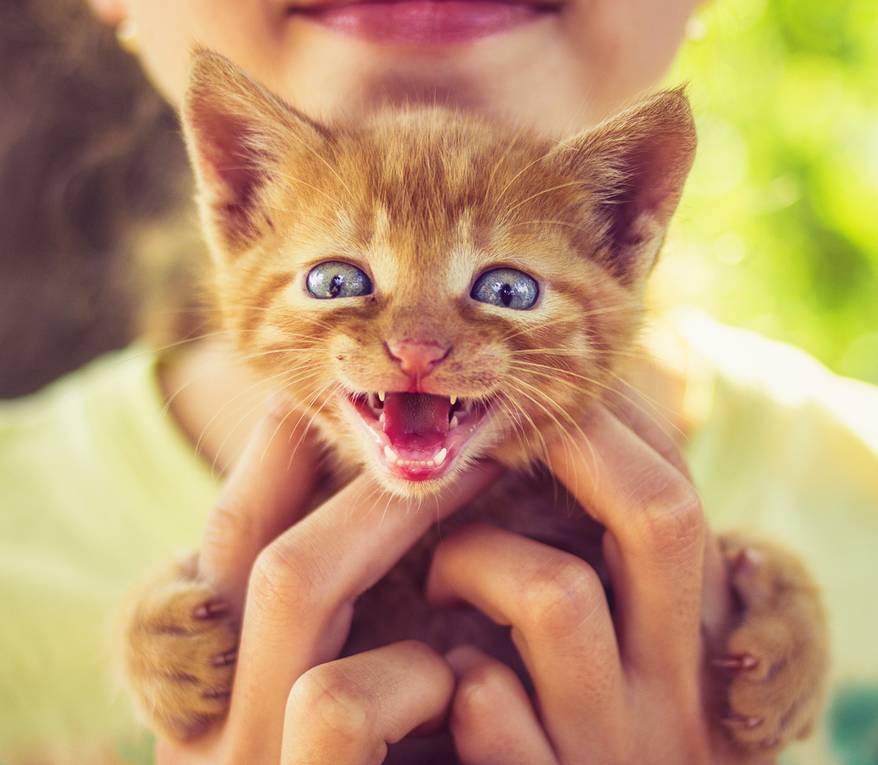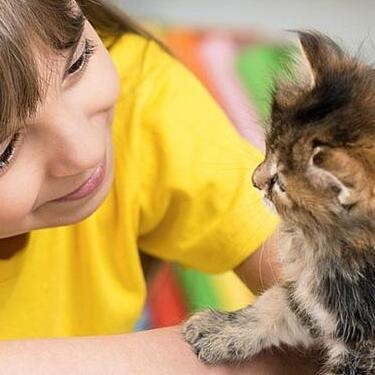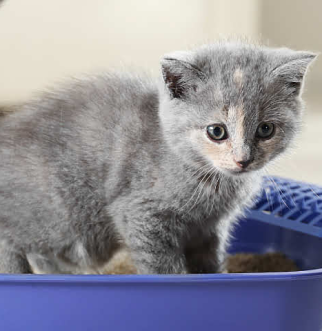
-
Find the right food for your pet
Take this quiz to see which food may be the best for your furry friend.
Find the right food for your pet
Take this quiz to see which food may be the best for your furry friend.
Featured products
 Adult Healthy Cuisine Roasted Chicken, Carrots & Spinach Stew Dog Food
Adult Healthy Cuisine Roasted Chicken, Carrots & Spinach Stew Dog FoodDelicious roasted chicken paired with tender vegetables in a succulent stew
Shop Now Small & Mini Savory Stew with Chicken & Vegetables Dog Food
Small & Mini Savory Stew with Chicken & Vegetables Dog FoodA delicious complement to the nutrition of Science Diet Small & Mini 7+ dog food
Shop Now Adult 7+ Perfect Digestion Chicken, Whole Oats & Brown Rice Recipe Dog Food
Adult 7+ Perfect Digestion Chicken, Whole Oats & Brown Rice Recipe Dog FoodScience Diet's breakthrough nutrition supports ultimate digestive well-being & healthy microbiome for dogs age 7+
Shop NowFeatured products
 Adult 7+ Tender Tuna Dinner Cat Food
Adult 7+ Tender Tuna Dinner Cat FoodWith delicious chunks in a decadent gravy
Shop Now Adult Savory Entrée Can Variety Pack Cat Food
Adult Savory Entrée Can Variety Pack Cat FoodPrecisely balanced nutrition with the delicious taste of savory minced chicken to help fuel the energy needs of cats during the prime of their life
Shop Now Adult 7+ Senior Vitality Chicken & Vegetable Stew Cat Food
Adult 7+ Senior Vitality Chicken & Vegetable Stew Cat FoodImproves Everyday Ability to Get Up & Go
Shop Now -
Dog
- Dog Tips & Articles
-
Health Category
- Weight
- Food & Environmental Sensitivities
- Urinary
- Digestive
- Joint
- Kidney
-
Life Stage
- Puppy Nutrition
- Adult Nutrition
- Senior Nutrition
Cat
- Cat Tips & Articles
-
Health Category
- Weight
- Skin & Food Sensitivities
- Urinary
- Digestive
- Kidney
-
Life Stage
- Kitten Nutrition
- Adult Nutrition
Featured articles
 Do Dogs and Cats have Belly Buttons?
Do Dogs and Cats have Belly Buttons?Learn whether cats & dogs have belly buttons like humans, what the function is, and if there are any health concerns associated with it.
Read More Why Are Dogs and Cats So Cute?
Why Are Dogs and Cats So Cute?If waggy puppy dog tails and furry kitten yawns make you swoon, you're not alone. Why are cats so cute? And, dogs too! Let's find out!
Read More Does My Pet Hate Me?
Does My Pet Hate Me?Learn tips for bonding with your pet if you've ever thought, 'My dog doesn't like me, or 'Why do I have a standoffish cat?'
Read More -


No nervous pet parent likes to find themselves caring for a sick kitten. However, there are several common illnesses that young cats can develop. Taking action as soon as you see symptoms can allow for quality sick kitten care and have your kitten quickly back to her frisky self.

Pesky Parasites
When you first bring a kitten home, you may not realize that you've also brought home some other guests. Parasites, like ear mites and fleas, are pests that can cause your cat to get sick. They can also spread to other animals in your home. It is important to have your new kitten checked by a veterinarian as soon as you get her since they can often discover these pests before actual symptoms arise. Symptoms of a parasite outbreak can include scratching, licking excessively in one area, shaking her head, red patches on her skin or unusual stool. If you notice these symptoms, do not give her an over-the-counter treatment. Many medications or topical aids are not approved for kittens. Instead, schedule a vet appointment as soon as symptoms arise.
Symptoms NOT to Sneeze At
If you notice your kitten has discharge coming from her eyes or nose, is sneezing, or is breathing heavily, she may have an upper respiratory infection. In many cases some simple antibiotics from your vet will resolve the problem if they suspect that the infection is anything other than viral. However, your vet may recommend doing some blood work to rule out that the upper respiratory infection is not linked to a more serious underlying problem like feline leukemia virus (FeLV) or feline immunodeficiency virus (FIV), writes Pet Health Network. Although an upper respiratory issue may seem like something that you could treat at home, it is crucial that kittens with eye or lung symptoms see a vet as soon as possible.
Digestive Dilemma
Digestive issues can present themselves in many ways. Your sick kitten may have vomiting, diarrhea, constipation or may become lethargic. Since kittens can be curious, it is possible that your kitty's digestive issues are due to snacking on something she should not have eaten. Sometimes traces of chemicals or oils can also get on a cat's fur, and when she cleans herself, she digests those harmful liquids and develops digestive issues. The American Society for the Prevention of Cruelty to Animals (ASPCA) cautions against leaving out essential oils, cleaners, flowers and houseplants that may be harmful or even deadly to your cat. If you notice your kitten has gastrointestinal symptoms, monitor her carefully for a few hours. Sometimes, the issue will resolve itself within a day. If your cat refuses to eat, can't move or starts to have tremors, get her to a pet hospital immediately to check for poisoning.


Tasty Tips
Keeping Up with Your Kitty Care
Once your cat is properly diagnosed and a treatment plan is developed, it is important to follow through with all recommendations. If your kitty is prescribed medication and seems better after a few doses, keep giving her the medicine until the course is complete, and keep your follow-up appointment with the vet.
If your cat had fleas, be sure to deep-clean your house and vacuum the carpets well. Flea eggs can live in dark corners of your home for months. Since cats clean themselves and can ingest flea eggs it's important to discuss with your vet the best methods for flea control and prevention in your individual household. Homes with several pets or a lot of carpet may require different flea control methods.
If your cat is having frequent digestive issues, she may be allergic or sensitive to something in your home or her cat food. While you're in sick kitten care mode, try to keep her on one kind of vet-approved food, and also make sure other people in your home aren't sneaking your cat tasty treats.

The biggest thing for caring for a sick cat is to help her get well. One of the easiest ways to do this is to quarantine her from the rest of the house so that she can get her rest and avoid unnecessary interactions with other pets. Let her sleep, as sleep is a great way to let her little body heal itself. Monitor her food and water intake, as both are vital to her overall health, especially while she is sick. Keep comfortable blankets or towels in her area for her to snuggle in to keep her warm; make sure they are washable and something you're okay with her possibly having stomach upset on. The last thing to mention is to avoid handling your kitten as much as you can when she is sick. Being handled can exacerbate certain conditions. If you do have to handle her, make sure you wash your hands before and after to avoid transferring any unwanted bacteria or viruses to your kitten or other household animals.
Preventative Pointers
Although it is helpful to know how to care for your kitten when she is sick, it is equally important to know how to prevent your cat from being ill in the future. Here are some quick pointers that may help prevent your kitten from getting sick and let her grow into a happy, healthy adult cat.
- Have wellness visits with the vet early and often. As soon as you adopt a kitten, you should have her seen by a vet. It is important to stay on track with wellness visits and vaccines, and to bring a stool sample to every checkup.
- Spend time with your cat every day and learn her routine. If you don't truly know your cat's "normal" it will be harder to know when something is wrong. Monitor how much your cat sleeps, where she likes to hang out, what time of the day she eats, and who she likes to spend time with. If your cat starts to act differently, something may be wrong, and you can get her back on track more quickly if you are a careful observer.
- Be aware of your surroundings. The things in your home are safe for you, but they may not be safe for your feline friend. Before bringing a kitten home, look for small areas that she could get stuck inside, strings that she could get tangled in (think window shades), and especially plants, foods, and chemicals that should be locked up or put out of reach. As your cat grows, be cautious about what other family members or friends bring into your home.
- Good nutrition goes a long way. Many diseases and illnesses can be prevented if your pet has a strong immune system and gets a steady supply of the right vitamins and minerals. Talk with your vet to determine the best food for your four-legged companion. Always follow your vet's recommendations for how much and how often to feed your cat (even if she squawks for a snack at three in the morning).
- Keep your cat active. Cats do like their sleep, but keeping your kitty active a little each day goes a long way in preventing obesity. This is especially important for kittens as you want to start her off on the right foot ... or paw.
A sick kitten is never fun, and you want to do all you can to help make her well again. Follow these helpful tips to care for your sick kitten to give her the best chance of getting well and being her playful self again.


One of our staff authors prepared this article for you
Related products
Related articles

How do you get a cat to lose weight? Learn all about cat foods for weight loss, including how to choose weight control cat food and exercise tips.

What is the best food for an overweight cat? Learn all about weight control food for cats, including what's in it and how it works.

Discover how to train your cat, starting with very basic first steps that both reward good behavior and discourage the bad.

Cats are naturally very clean and chances are your kitten will already have learned how to use the litter box from her mother before she comes to live with you.

Put your cat on a diet without them knowing
Our low calorie formula helps you control your cat's weight. It's packed with high-quality protein for building lean muscles, and made with purposeful ingredients for a flavorful, nutritious meal. Clinically proven antioxidants, Vitamin C+E, help promote a healthy immune system.
Put your cat on a diet without them knowing
Our low calorie formula helps you control your cat's weight. It's packed with high-quality protein for building lean muscles, and made with purposeful ingredients for a flavorful, nutritious meal. Clinically proven antioxidants, Vitamin C+E, help promote a healthy immune system.

